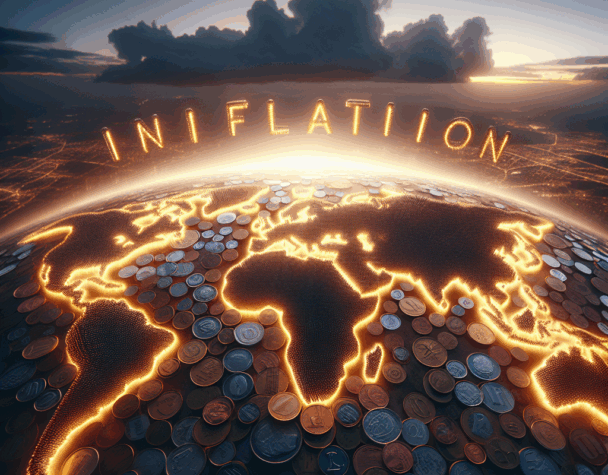
Geopolitical Tensions and Inflation Reports Shape Currency Markets
Thu, July 10, 2025In the past 12 hours, the foreign exchange market has been significantly influenced by escalating geopolitical tensions and critical inflation reports. These developments have led to notable fluctuations in major currency pairs, reflecting the market’s sensitivity to global events and economic indicators.
Escalating Geopolitical Tensions Impact Currency Valuations
Recent intensification of geopolitical conflicts, particularly between Israel and Iran, has heightened market volatility. Diplomatic efforts to broker a ceasefire have yet to materialize, with major powers like China urging Israel to cease military operations, while the UK, France, and Germany engage Iran in negotiations. The United States has set a two-week deadline to determine its military involvement against Iran. These developments have led to increased demand for safe-haven currencies, notably the U.S. dollar, as investors seek stability amidst uncertainty. The yen, however, has weakened following dovish signals from the Bank of Japan, indicating a potential deceleration in bond tapering from April 2026. This stance suggests a continuation of accommodative monetary policy, influencing the yen’s depreciation. [Source: Central bank decisions and geopolitical tensions]
Inflation Reports Influence Central Bank Policies
Inflation data released in the past 12 hours have provided critical insights into the economic health of major economies, directly impacting currency valuations. In the United States, the Federal Reserve maintained interest rates unchanged but revised its 2025 growth forecast downward from 1.7% to 1.4%, while elevating inflation expectations from 2.8% to 3.1%. This cautious stance reflects concerns over persistent inflationary pressures and potential economic slowdown. [Source: Central bank decisions and geopolitical tensions]
In the Eurozone, preliminary June business activity data showed the services PMI rising from 49.7 to 50.0, while manufacturing stagnated at 49.4. The composite indicator reached 50.2, slightly below forecasts. Germany’s numbers improved, with the composite index moving into expansion territory, but persistent weakness in France offset regional gains. These mixed signals suggest a fragile recovery, influencing the euro’s performance against major currencies. [Source: Geopolitics and Inflation: Key Drivers in Forex Markets This Week]
Central Bank Announcements and Market Reactions
Central banks’ recent announcements have played a pivotal role in shaping currency markets. The Bank of Japan maintained its policy rate at 0.5% but signaled a deceleration in bond tapering from April 2026, conveying a dovish stance. This approach has contributed to the yen’s depreciation against major currencies. [Source: Central bank decisions and geopolitical tensions]
Meanwhile, the Bank of England kept rates unchanged while maintaining a trajectory towards gradual easing, as the recent spike in inflation is expected to be neutralized by a slowdown in the labor market. There is a high probability of an August rate cut if oil price impacts remain contained. This cautious approach reflects the central bank’s balancing act between controlling inflation and supporting economic growth. [Source: Central bank decisions and geopolitical tensions]
In conclusion, the forex market remains highly sensitive to geopolitical developments and economic indicators. Traders and investors should closely monitor these factors, as they are likely to continue influencing currency valuations in the near term.

